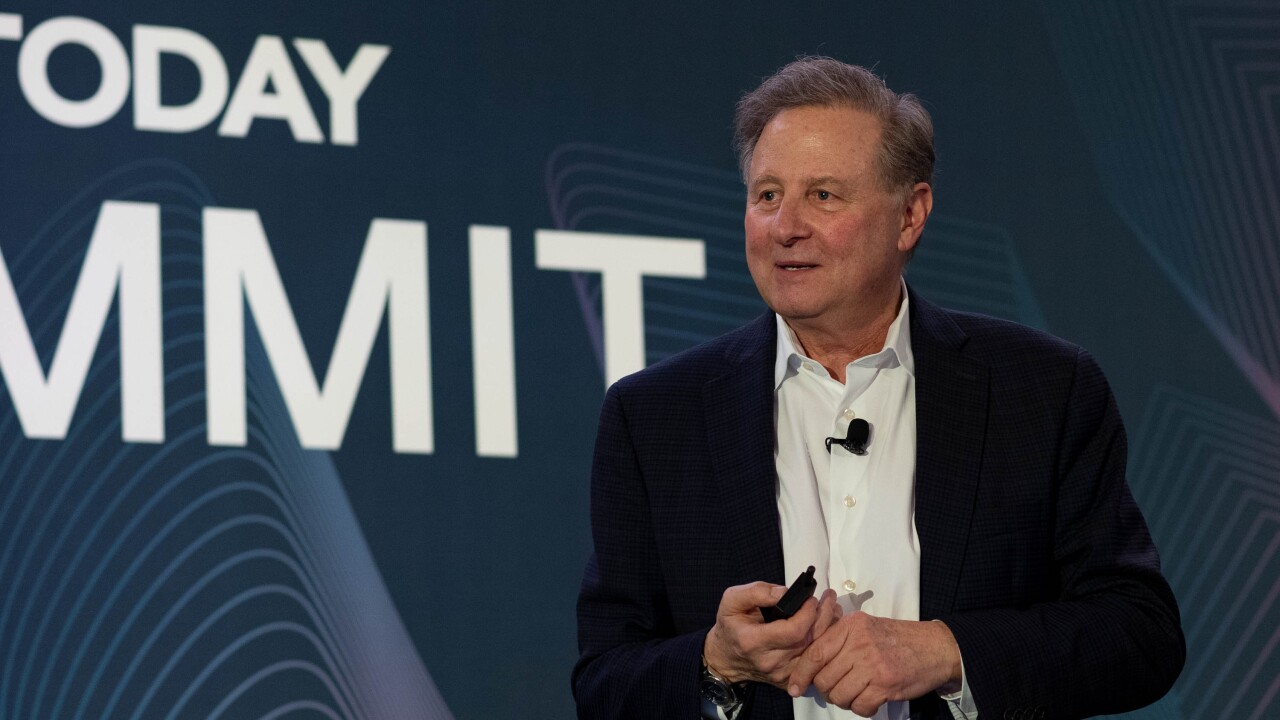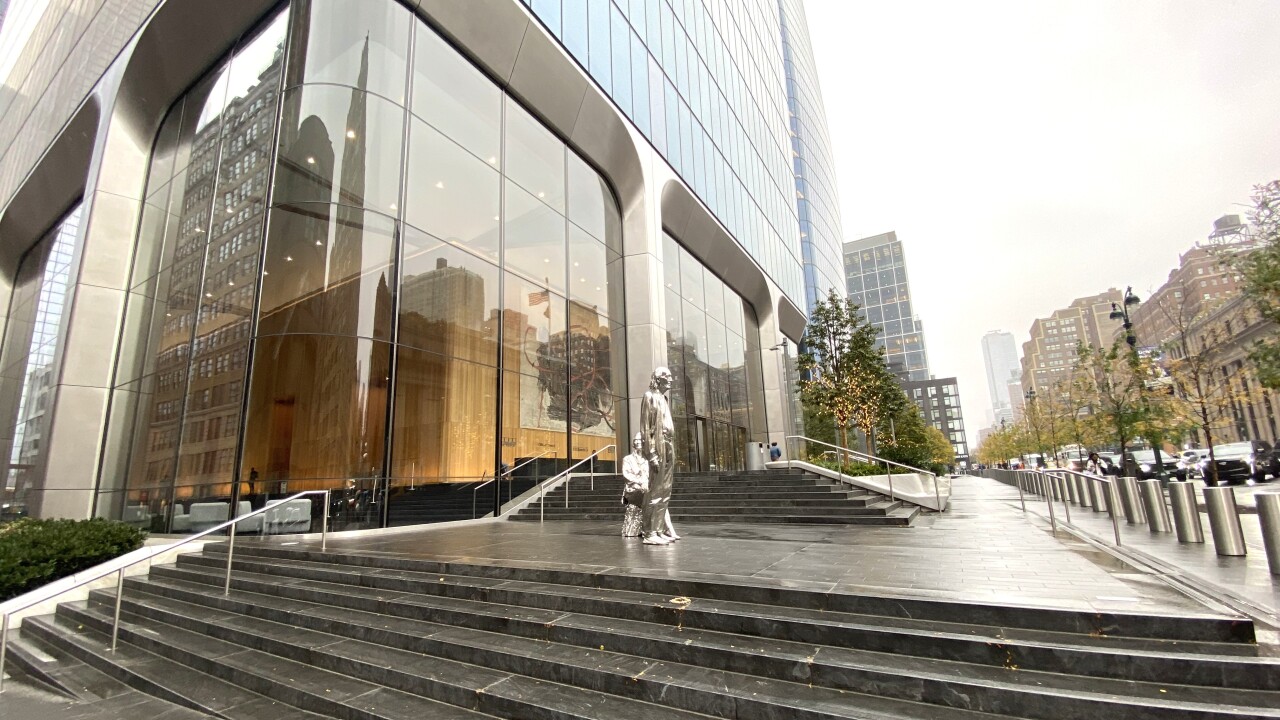The impending end of support for Windows 10 has been delayed for some users, giving accounting firms still on the operating system—a sizable minority—a little more time to make upgrades before it is officially obsolete.
Support for Microsoft Windows 10 had been
While the clock is still ticking, the hands are moving a little slower after Microsoft

CPA firms have been making steady, but slow, progress over the years in upgrading. A December 2023 report from the
Roman Kepczyk, director of firm technology with accounting-focused cloud services provider Rightworks—who was one of the report authors—said in a follow-up email that he would estimate that the number of Windows 10 PCs actively being used in accounting firms today is around 25%. However, he caveated that estimate by saying that he works mostly with large and mid-size firms, so for smaller local firms the proportion is likely higher. Still, the recent announcement by Microsoft buys all firms some time.
"I think the big concern with Windows 10 is that Microsoft slated Oct. 14, 2025, to discontinue support, with security updates being the primary concern. Microsoft has since backtracked and said they would provide security updates beyond that (no/small fee) so the security push to upgrade to Windows 11 is minimized as long as the Windows 10 user continues to get updates," he said.
Whatever reprieve firms can get is likely favorable, as Randy Johnston, co-founder and principal at accounting tech consultancy K2, said a lot of the practices he has observed are "in trouble on this, and may be suffering from the misperception that being in the cloud eliminates the problem." While he couldn't name a precise figure for how many firms overall are using Windows 10 right now, he estimated "it is north of 40%."
But even as people work to upgrade from Windows 10, more than half of all devices are already using Windows 11, representing about
But just as there is now more time to go from 10 to 11, there is probably also more time to go from 11 to 12. Microsoft recently
"With most work being done in the cloud, I am holding off recommending firms upgrade from Windows 10 to 11 as long as security is automatically updated. With Windows 12 being scheduled [soon], we believe it will be even more optimized for AI and the updated NPU hardware, so we anticipate recommending firms buy new PCs with Windows 12 starting May 2026 as long as no significant technical flaws have been identified," he said.
Johnston also advised accountants on Windows 10 to think in terms of Windows 12 versus 11.
"Upgrades are needed, and NPU purchases would be wise," he said. "For many, this will require hardware purchases. I want them to buy enough to support Windows 12."




